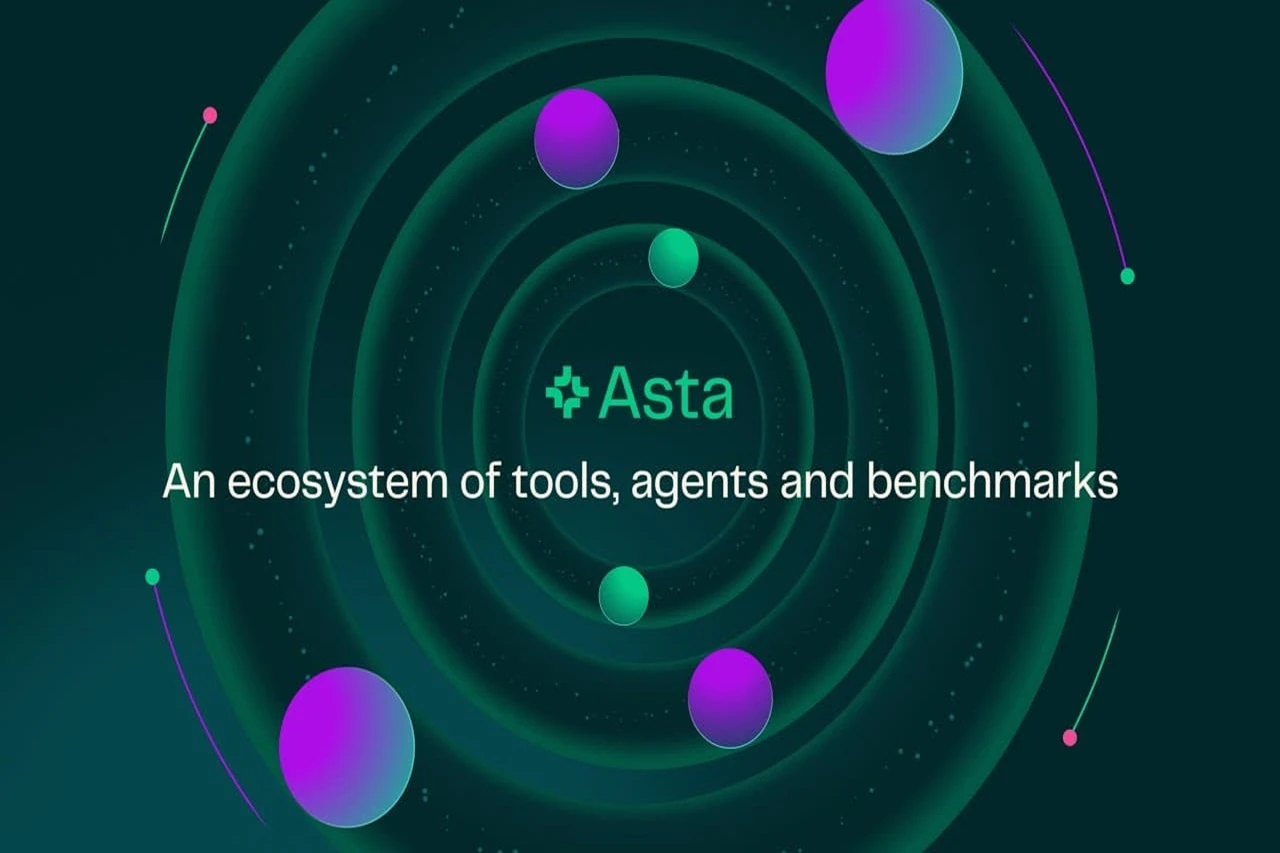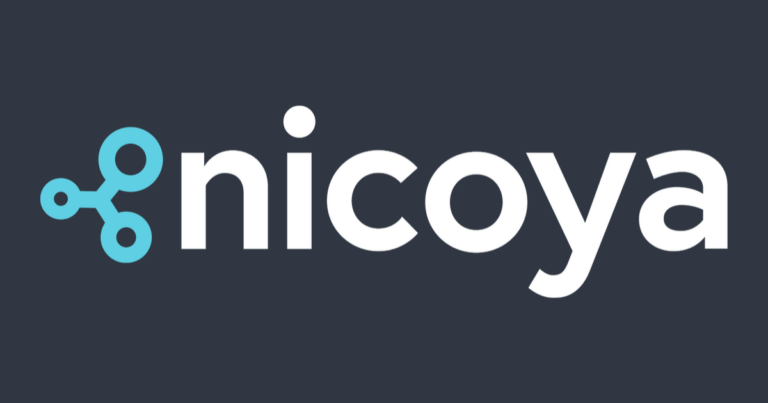AI2 Unveils Asta DataVoyager for Scientific Discovery
Allen Institute for AI (AI2) is aiming to close this gap. Today, the institute unveiled Asta DataVoyager, a powerful new AI-driven analysis agent within the broader Asta ecosystem. Designed to put intuitive, trustworthy, and reproducible analysis directly into the hands of researchers, DataVoyager represents a new standard in how science is conducted with the help of artificial intelligence.
Rethinking Data Analysis in Science
The scientific process depends on rigor, transparency, and reproducibility. While AI has rapidly advanced in many domains, its integration into science has often been slowed by concerns about trust, explainability, and compliance. Many current AI-powered tools behave like black boxes: they generate outputs, but researchers cannot easily trace how those results were derived.
Ali Farhadi, CEO of, framed the problem clearly:
“AI can only accelerate science if it is as rigorous and transparent as science itself. With Asta DataVoyager, we are giving researchers a trusted partner that puts powerful analytical tools directly into their hands while preserving standards of accuracy and trust that the scientific community depends on.”
In other words, DataVoyager is not just another AI assistant. It has been deliberately engineered to meet the unique needs of the scientific community, where credibility and reproducibility are paramount.
What Asta DataVoyager Does
At its core, Asta DataVoyager is an AI-powered data analysis platform that allows researchers to ask natural-language questions of their datasets and receive detailed, reproducible answers. Whether a scientist uploads clinical trial data in CSV format, an Excel spreadsheet of experimental results, or a JSON dataset from field sensors, the system makes it possible to query the data in plain English.
DataVoyager supports a wide range of formats, including CSV, Excel, JSON, HDF5, TSV, and Parquet. Once a dataset is uploaded, the researcher can ask a question—such as “What is the correlation between treatment duration and patient recovery times?”—and the system provides:
- Clear, scientific answers to natural-language queries
- Copyable code that fully reproduces the analysis
- Visualizations that make results immediately interpretable
- A methods section documenting assumptions, reasoning, and statistical tests used
This workflow combines usability with scientific rigor. Researchers can refine their results through follow-up prompts, creating new analysis cells that preserve provenance—similar to how one would use a Jupyter or Python notebook. Each step is transparent and traceable, making results easy to share and verify across collaborations and publications.
Meeting Scientists Where They Are
A major barrier in today’s scientific landscape is the mismatch between the skills researchers need and the tools they have. Many scientific teams have enormous amounts of structured data but limited in-house data-science expertise. Traditional analysis requires extensive coding knowledge in languages like Python or R, or expensive dedicated teams to handle data engineering.
Bodhisattwa Prasad Majumder, Research Scientist, described the design philosophy behind DataVoyager:
“We wanted to build a system that meets scientists where they are. Instead of asking researchers to become programmers, Asta DataVoyager lets them ask questions about their data in their own words and receive answers they can trust, complete with code, visuals, and documentation. Our goal is to shorten the distance between a researcher’s idea and a reproducible scientific result.”
This principle of accessibility is central to Asta DataVoyager’s mission: enabling every researcher, regardless of technical background, to directly interact with their data while preserving the transparency and reproducibility that scientific inquiry demands.
Real-World Applications: Cancer Research
The potential impact of DataVoyager is already being tested in critical, high-stakes domains. One of its first major pilots is with the Cancer AI Alliance (CAIA), a coalition that brings together four leading cancer centers to accelerate oncology research.
Cancer research produces massive amounts of structured data—patient records, treatment outcomes, genomic sequences, and more. Yet sharing this data across institutions is fraught with challenges, from privacy regulations to institutional silos. CAIA’s pilot with DataVoyager demonstrates how it can help bridge these gaps.
By analyzing de-identified patient records that remain securely within each institution, researchers can use DataVoyager to generate cross-institution insights while maintaining patient privacy.
One ongoing study, for example, focuses on lung cancer treatments. Researchers are using DataVoyager to compare treatment outcomes across institutions, analyzing factors such as:
- Time to surgery after neoadjuvant chemo-immunotherapy
- The impact of adding immunotherapy following definitive radiation
- The comparative effectiveness of targeted therapies versus standard platinum-based chemotherapy
Jeff Leek, Chief Data Officer at the Fred Hutchinson Cancer Research Center, highlighted the significance of this work:
“When I think about the future of where I want it to go, I think about this tool in the hands of clinicians, helping to answer important questions that will ensure the best possible care for cancer patients.”
Beyond CAIA, clinicians at the Paul G. Allen Research Center at the Swedish Cancer Institute (SCI) are also piloting DataVoyager. For SCI, which has vast amounts of structured health data but limited internal data-science bandwidth, the tool provides a way to put analytical power directly into the hands of physicians, enabling them to generate insights without waiting for dedicated coding teams.
These pilots are supported by Allen Family Philanthropies, underscoring the commitment to leveraging it for socially impactful, life-saving science.
Trust, Security, and Compliance
One of the defining features of DataVoyager is its emphasis on trustworthiness. Unlike many consumer tools, which prioritize convenience at the expense of transparency, DataVoyager has been built to meet the demanding standards of scientific environments.
Key features include:
- Flexible deployment options: Researchers can use hosted portals, secure on-premises setups, or private cloud infrastructure, depending on their compliance requirements.
- Data sovereignty: Teams retain full control of their datasets, with the ability to delete data at any time.
- Reproducibility: Every analysis is accompanied by code and methods documentation, ensuring results can be audited and replicated.
- Privacy: Sensitive datasets, particularly in medicine, never need to leave their home institutions.
This focus makes DataVoyager particularly suitable for fields such as healthcare, where patient data confidentiality and compliance with regulations like HIPAA are non-negotiable.
The Bigger Picture: AI for Science
Asta DataVoyager is the latest milestone in it’s Asta ecosystem, which aims to build an open, principled foundation for scientific AI. The ecosystem is grounded in the belief that it should not only accelerate discovery but also uphold the standards that make science credible.
By offering transparent, reproducible workflows, Asta DataVoyager sets a new benchmark for how AI can integrate into the scientific process. Instead of replacing scientists, it acts as a collaborator—shortening the distance between a research question and a rigorous, publishable result.
Looking Ahead
As DataVoyager is piloted in federated and clinical contexts, the company plans to expand its capabilities into new domains. Future directions include supporting additional data formats, scaling up collaborative features for cross-institution projects, and exploring integrations with lab instrumentation and other scientific workflows.
The long-term vision is clear: to build AI agents that act as trusted partners in science, enabling researchers to focus more on discovery and less on coding or data wrangling.
With Asta DataVoyager, it has taken an ambitious step toward realizing that vision. By combining usability, rigor, and transparency, it not only empowers scientists to explore data more effectively but also redefines the standards for trustworthy AI in research.
Have a scientific use case or sensitive dataset? The Asta team is actively seeking pilot partners. Learn more and sign up for updates at allenai.org/asta.
About Ai2
Ai2 is a Seattle-based nonprofit AI research institute with the mission of building breakthrough AI to solve the world’s biggest problems. Founded in 2014 by the late Paul G. Allen, Ai2 develops foundational AI research and innovative new applications that deliver real-world impact through large-scale open models, open data, robotics, conservation platforms, and more.
Ai2 champions true openness through initiatives like OLMo, the world’s first truly open language model framework, Molmo, a family of open state-of-the-art multimodal AI models, and Tulu, the first application of fully open post-training recipes to the largest open-weight models. These solutions empower researchers, engineers, and tech leaders to participate in the creation of state-of-the-art AI and to directly benefit from the many ways it can advance critical fields like medicine, scientific research, climate science, and conservation efforts. For more information, visit allenai.org.



